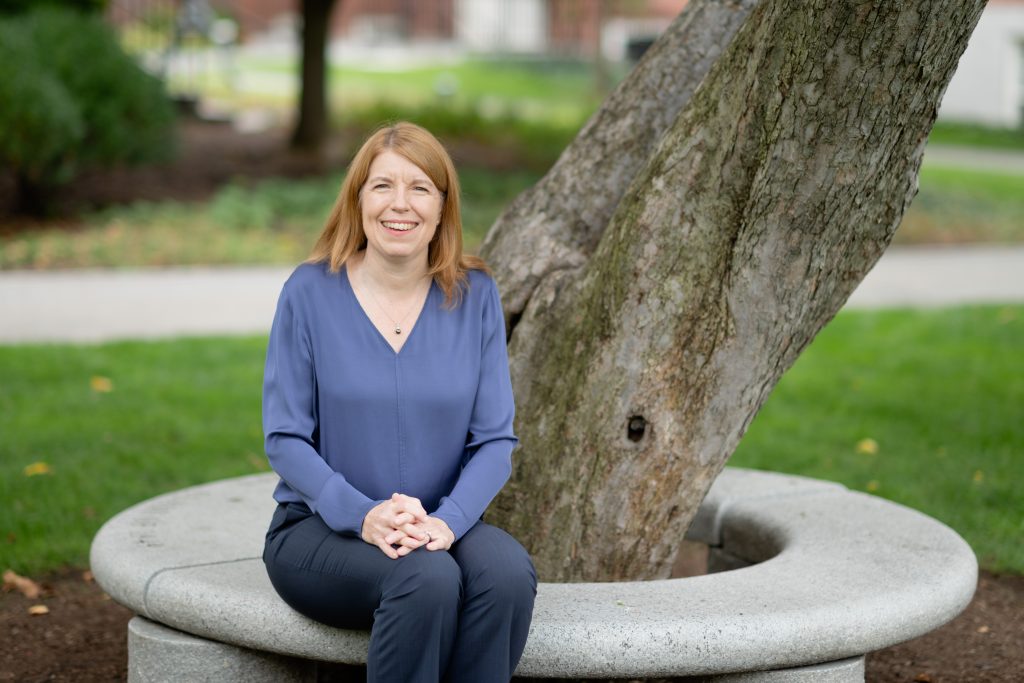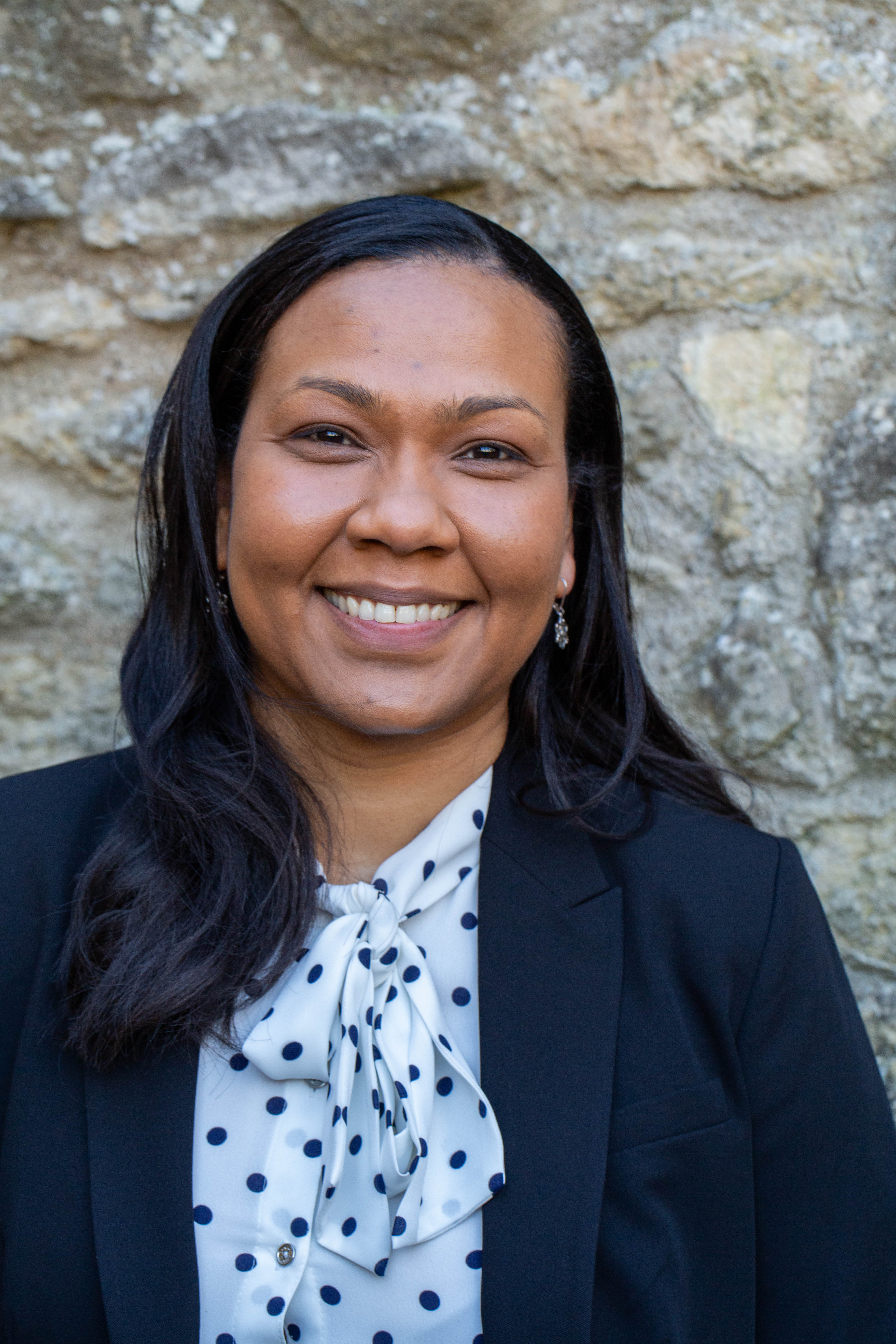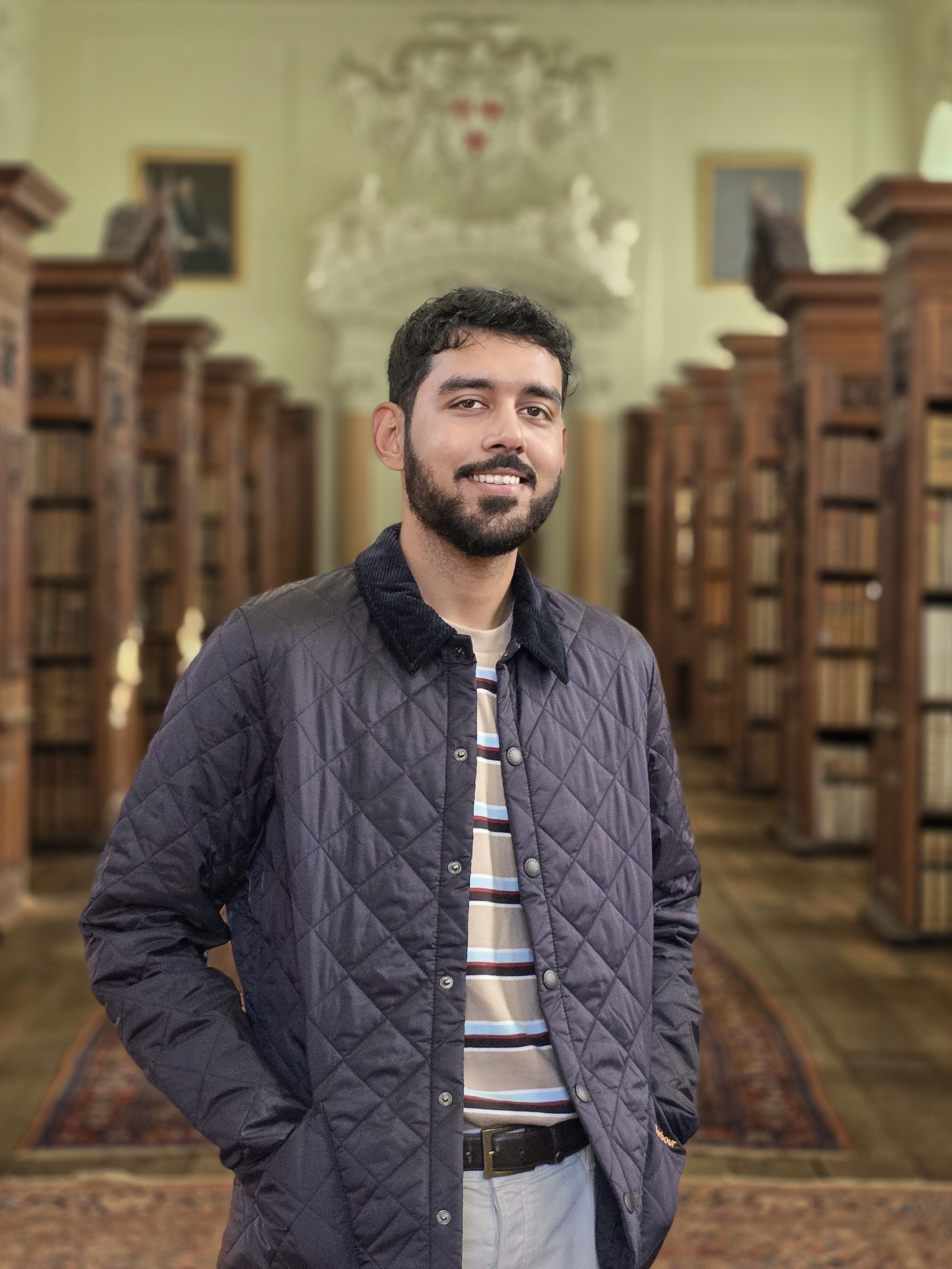In Michaelmas Term 2024 Professor Christina Davis joins us from Harvard as the College’s PPE Centenary Visiting Professor. Ahead of her PPE Centenary lecture on 13 November, we asked her about her research in international relations and why the effects of complex trade-offs between nations are felt across industries.
What first interested you in geopolitics and international relations?
I have been studying international relations for many years and looking at how international law can both constrain states and help them cooperate. I wanted to think more about the conditions that make states willing to accept constraints and reduce their freedom by joining an international organisation that has rules of conduct. In my most recent book I was looking at the politics of joining international organisations. I have long been a scholar of international trade, and this new research was a chance for me to examine how the World Trade Organisation was able to expand to include almost all countries when it had started as just a very small group. I am interested in how the decision is made by a country to try to join an organisation like this, and how others decide if they are willing to let new countries join.
Your recent book Discriminatory Clubs: The Geopolitics of International Organizations reveals what you refer to as ‘the discriminatory logic at the heart of multilateral institutions’. Can you explain what you mean by this?
Sometimes international organisations pretend to be rule-based but allow great discretion over who can join. It’s the nature of geopolitical ‘clubs’ like the World Trade Organisation that they can decide both whether they want free trade and with whom they want free trade. I study how geopolitics can raise tensions with the ideal that international law serves an objective principle. One part of ‘joining the club’ is access to specific benefits, and one part is the social status of closer association with a particular group. It’s the value of association that encourages discrimination, which is something we see when we look at a golf club or a social club, for example. Too often we study international organisations and think of them in terms of an abstract contract. I argue that it’s more than a contract: states are making decisions to cooperate based on more than who’s the best trading state or who has the best law for environmental protection.
Too often we study international organisations and think of them in terms of an abstract contract. I argue that it’s more than a contract: states are making decisions to cooperate based on more than who’s the best trading state or who has the best law for environmental protection.
States introduce other criteria that are not in the law, for example about their allies and cultural factors. What I find overall with a lot of international politics is that the discrimination quotient is on security: states favour their friends and security interests. Even if it’s an organisation about economics, you still find a large security component that favours cooperation among allies. When I use the social club analogy, I say that international organisations are more like the golf club than the football club: there’s no try-out to see who’s the best player, the most qualified to participate, it’s much more about who you would like to work with. A long-term relationship of mutual interest and valued association makes states want to join some clubs over others.
Does your research show how we might support cooperation within these organisations given the nature of the framework that you have uncovered?
There’s a role for a small group of like-minded states that share common interests and security to make compromises necessary for hard cooperation. In this case discrimination that favours a small group could be advantageous to moving forward. However, we should consider the costs of excluding a state. Are we closing off cooperation that might otherwise help to achieve a more stable trading system or wider action to protect our environment? Such concerns might lead one to expand the club beyond the small group of like-minded states, which is what happened in the World Trade Organisation. It’s important when we’re looking at why organisations are more or less successful at cooperation to think about the trade-offs. Some organisations are less effective because states don’t trust each other and don’t share enough commonality. Part of the process of trade-offs is that if you expand to be a very diverse group, it’s harder to achieve a single goal.
Can you tell us about your research into the effects of peer conformity on economic sanctions?
There is a recognition in international relations that there are spheres of influence and clubs of states that act together on a whole range of issues. One way to demonstrate your unity with your group of states is to form an alliance and another is to join the same international organisation and take similar positions on the critical issues in the world. We see this when G7 nations make a common statement in support of sanctions against Russia or on another issue, and there are many countries that get caught in the middle because they don’t want to take sides. We need to recognise that it’s sometimes difficult to join an international organisation when the decision is not just perceived to be about joining the common market but about appearing to take sides. That is why Ukraine wanting to join the EU was a threat to Russia. I have also been analysing UN voting and looking at the informal politics that can inform a group of countries and their approach to each issue brought before the General Assembly of the UN. There are patterns of association; it’s not just a country acting on its own interests but following a group of states who have similar policies.
While my book engages with how states can show club behaviour, I also work on the effect of peer pressure on firms who can get caught in the middle. You might think that firms are just looking at the bottom line and cost/benefit maximisation and yet increasingly, even firms are being pressured into taking sides on geopolitical issues.
You might think that firms are just looking at the bottom line and cost/benefit maximisation and yet increasingly, even firms are being pressured into taking sides on geopolitical issues.
This can be difficult because their managers are more trained to study profit margins. Deciding whether to continue trading in the context of war if you have a subsidiary in the country is a statement about your perception of the conflict. For example, government sanctions didn’t require the withdrawal from Russia but we’re finding that some businesses are going beyond what’s required.
That’s where it’s interesting for me to study the peer pressure that emerges. A company hears that x and y have withdrawn and might think that it should also withdraw. One of my favourite examples was a survey experiment I conducted that looks at Japanese business decisions toward sanctions against Russia. In this research, my co-authors and I discovered a balancing act of influence — hearing of European and American firms’ withdrawal made managers more likely to think Japanese firms should also withdraw but, at the same time, seeing that their Chinese competitors were continuing to do business had an off-setting influence which made some Japanese managers cautious about whether to reduce their economic transactions with Russia. I am interested in the strategic interactions that go beyond an anonymous firm looking at the market.
Have you seen a growing influence of the role of geopolitics in market decisions? And, if yes, why do you think that might be the case?
Yes, I think that it has become increasingly important to think about geopolitics to understand the global economy. If we were to go back 20 years, it might not matter as much to think about nationality when making a trading decision. Now, everything from concern about possible future sanctions harming the value of a transaction, to the views of your shareholders and consumers affects decisions. I think we’re seeing more and more firms taking these questions into consideration and there have been studies looking at how joining (and exiting) international organisations can shape your risk evaluation. I also see more students who are studying sanctions and politics who go on to work in consulting firms. These firms are then increasing their geopolitical risk assessment, and law firms are expanding their compliance offices. This is also true for banking and consumer goods. Trade is no longer set by economic principles alone.
As a graduate student you spent time overseas; how did this affect your approach and methods as a researcher?
It is always good to see the country you are studying and often a chance experience there can help you rethink a problem. I studied agricultural trade and why Japan protects their rice market and was interested in when governments should use protection and pay subsidies within an industry to ensure economic security. I was in Japan as an exchange student in the summer of 1993 when they had a bad harvest and a shortage of rice. I queued up with everyone at the grocery store to get the last bags of Japanese rice and nobody wanted to buy the imported Thai rice. Fortunately, I was happy to buy the imported rice. This experience showed me that you can achieve food security through many paths: if you think you have to produce everything at home then there’s the risk that when something like a bad harvest happens, you won’t have enough to eat.
I talk to my students about how our academic questions are much more interesting when you experience them in person. For me, standing in a line to buy rice highlighted that trying to achieve self-sufficiency wasn’t necessarily the safest approach. At the same time, I also met farmers and learned about the value of their role in the community and as providers of food. International exchange is all about understanding different people’s perspectives. I gained a lot from talking to politicians and farmers in Japan because it gave me more insight into how they viewed a problem. It’s important to look at an issue beyond the academic question.
What are you looking forward to most about your time in Oxford?
It’s great to be given this opportunity to meet a new intellectual community. Oxford has incredible scholars in international relations, but I am also already meeting many scholars in other fields and there’s so much to be learned from subjects outside your own field. I am particularly looking forward to this intellectual exchange. I have started a new project on trade diplomacy and it’s great to have the time in Oxford, and the connection to the PPE programme, to take an interdisciplinary approach when thinking about my research questions. I hope that I can bring an interdisciplinary and historic approach to the current interest in advancing economic security in a global economy.
Tell us about the forthcoming PPE Centenary lecture and who should attend.
I would like to discuss the complex trade-offs brought about when we have rivalry between nations at the same time as deep interdependence. We need to think about how we make choices. What are the types of goods where a country is comfortable depending on others for supply? At what price do we want economic security by raising protection or spending taxpayer money to subsidise domestic production? This is an old problem. We can go back in time and think about why countries have supported their shipping or steel industries, and then look ahead to why today we are making choices about semi-conductors or whether it’s safe for our kids to use Tik Tok. It’s a fundamental question of how the nation relates to the international economy. It requires us to think about ethics, the role of government, and trade-offs between competing interests for economic efficiency, global supply chains, and caution about depending on others. Some would argue we should only rely on countries we know and trust, but then we must decide what counts as trust among nations.
I hope the lecture will interest people who haven’t thought much about economic problems so they can recognise that the costs of sanctions are being borne by many of us and that the risks of interdependence are important across spheres.
I hope the lecture will interest people who haven’t thought much about economic problems so they can recognise that the costs of sanctions are being borne by many of us and that the risks of interdependence are important across spheres. For example, if you’re working at an international firm, you might be trying to comply with sanctions policies; or you might be developing the latest technology and need to consider who is the end user. If you are a researcher in the lab or engineer designing new robotic technology, how widely will you share your scientific ideas? All of us have to make these trade-offs about whether to openly engage with the international society and economy. So, I would be thrilled if people attend who do not have a lot of prior experience with economics.
Can you recommend a book?
Global Discord: Values and Power in a Fractured World Order by Paul Tucker. This is a fascinating book about international institutions and how to think about why there’s been so much backlash today about cooperating in a rules-based order. Paul Tucker was a very senior British banker (the Deputy Governor of the Bank of England) who left banking to enter academia. He advocates for a more thoughtful approach to the ethics and politics of international finance. The reason I like the book is because it’s one of these incredible cases of a very senior policymaker engaging in academic debates and I really value it when practitioners take the time to engage with academic work. I think any PPE student should read this book.



